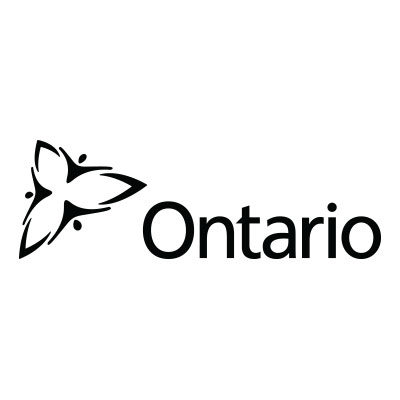
The Centers for Disease Control and Prevention (CDC) broadened its recommendation for COVID-19 booster shots for all adults as the new omicron variant is identified in more countries.
The agency had previously approved boosters for all adults but only recommended them for those 50 years and older or if they live in a long-term care setting.
CDC Director Dr. Rochelle Walensky said the new guidance reflects the emergence of the omicron variant, which has not yet been identified in the U.S. but that officials say will inevitably reach the country.
“Everyone ages 18 and older should get a booster shot either when they are six months after their initial Pfizer or Moderna series or two months after their initial J&J vaccine,” she said in a statement.
The United Kingdom acted quickly on Monday, announcing that all adults will be able to get their booster COVID-19 vaccine doses three months after their second shot. Boosters had previously only been available a minimum of six months after a second dose for people over 40 and for those over 16 with underlying health conditions.
Ontario’s Chief Medical Officer of Health, Dr. Kieran Moore, said Monday the government is currently reviewing measures and are expected to update the province’s booster rollout as early as this week. As things stand, individuals 70-and-up are eligible for booster shots, as well as anyone who received two doses of the AstraZeneca vaccine.
“We’re in the process of reviewing the data, but I want to be clear, we’re still not sure how severe or what kind of an impact the new variant poses in terms of serious infection,” Moore said on Monday. “We’d expect an update at the end of this week that will provide clarity on the [vaccine] rollout.”
Health Minister Christine Elliott spoke at Queen’s Park, saying new booster shot guidance would be issued in the coming days.
We have taken every precaution possible,” Elliott said Tuesday when asked about the omicron variant during question period. “We are ready for whatever might happen, we have a very robust testing strategy.”
The World Health Organization (WHO) says the global risk from the omicron variant of the coronavirus is “very high” based on early evidence, warning of the possibility of future surges with “severe consequences.”
Canada has confirmed a fifth case of the omicron COVID-19 variant. Officials announced Sunday it had two cases of omicron among two people who had recently visited Nigeria. The two are isolating in Ottawa.
The province of Ontario is also further investigating four COVID-19 cases to see if they are omicron. Hundreds of people who had recently travelled from African countries deemed high-risk for the variant are being contacted for testing.
“We’ll have more to say about that later in the week because we want to have that extra layer of protection,” Elliott said.






